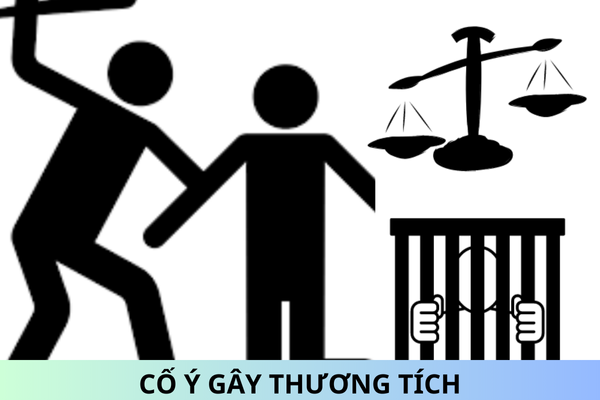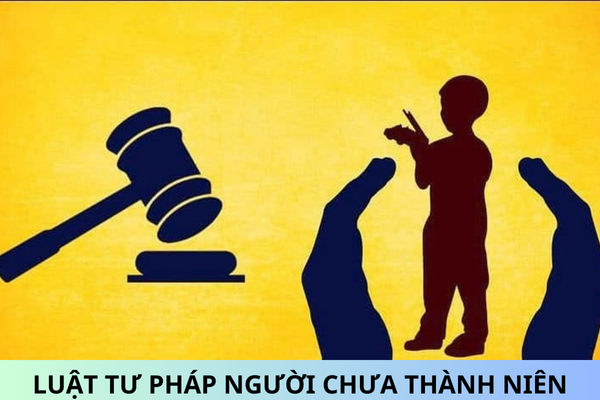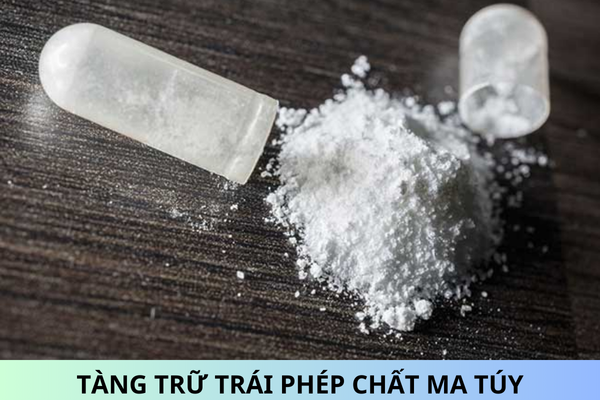What is Incest?
According to Article 184 of the 2015 Criminal Code stipulates incest as follows:
Anyone who engages in sexual intercourse with a person they know to have a direct blood relationship, such as siblings with the same parents, siblings with the same father but different mothers or the same mother but different fathers, shall be sentenced to imprisonment from 01 year to 05 years.
From the above regulation, it is understood that incestuous acts are those where sexual intercourse occurs between individuals with direct blood relationships, between siblings with the same parents, between siblings with the same father but different mothers, or the same mother but different fathers.
Furthermore, under Clause 1 Article 4 of Resolution 06/2019/NQ-HDTP, an act of a nature constituting incest prescribed at Point e, Clause 2 of Article 141, Point a, Clause 2 of Article 142, Point d, Clause 2 of Article 143, and Point a, Clause 2 of Article 144 of the Criminal Code shall constitute one of the following cases:
- Committing the act against a person with a direct blood relationship, against siblings with the same parents, siblings with the same father but different mothers or the same mother but different fathers;
- Committing the act against a paternal aunt, maternal aunt, uncle, grandaunt, granduncle, niece, nephew;
- Committing the act against an adoptive child, the adoptive father, or adoptive mother;
- Committing the act against the stepchild of the wife, the stepchild of the husband, stepfather, stepmother;
- Committing the act against a daughter-in-law, father-in-law, mother-in-law, son-in-law.
Respectfully,










